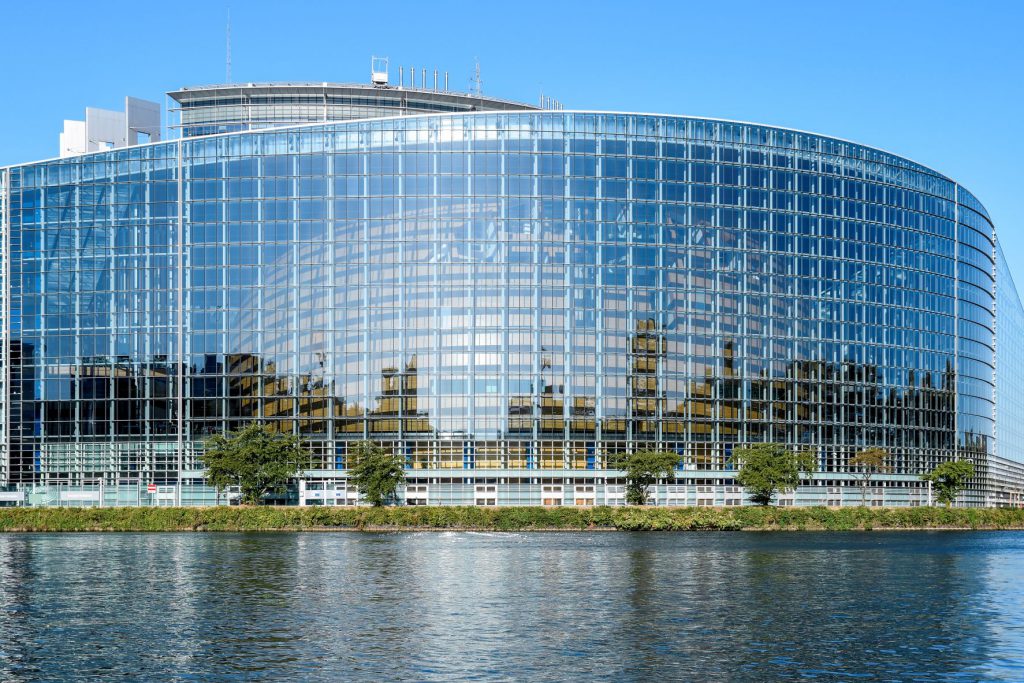Coming up: energy, minimum wages, common charger

MEPs are set to adopt new laws to improve the lives of Europeans in the autumn, including on energy security, gender equality and artificial intelligence.
State of the Union
In her third State of the Union address, European Commission President Ursula von der Leyen will outline the Commission’s main priorities and challenges for the coming 12 months. MEPs will scrutinise its work over the past year and make sure that the key concerns of Europeans are addressed, such as energy security and climate change. The debate will take place in Strasbourg on 14 September.
Energy
Energy security has emerged as a key concern since Russia’s invasion of Ukraine, which has led to a precipitous jump in oil and gas prices across Europe and the world. Parliament is expected to vote on measures to reduce the EU’s reliance on Russian fossil fuels and ramp up the production of green energy, including new rules on renewables and energy efficiency.
Common charger
Parliament is set to green-light rules establishing a single charger for electronic devices such as mobile phones, tablets and headsets. By autumn 2024, USB Type-C will become the standard charger in the EU regardless of the manufacturer. The change will reduce electronic waste and make consumers’ lives easier.
Minimum wages
The first EU legislation on adequate minimum wages is set to be adopted by Parliament in September. It requires EU countries to make sure their national statutory minimum wage allows for a decent standard of living. MEPs expect the rules will result in real wage growth and help reduce in-work poverty and the gender pay gap.
Gender equality in the workplace
Parliament is expected to green-light a bill to increase parity on boards in big companies. The Women on Boards Directive will introduce transparent recruitment procedures in companies, so that at least 40% of non-executive director posts or 33% of all director posts are occupied by the under-represented sex.
MEPs will also start negotiations with Council on the Pay Transparency Directive, which would oblige certain companies to disclose the salaries of men and women in the same position and function, making it easier to compare salaries and expose gender pay gaps.
Platform workers
MEPs will move forward on a directive to improve the rights of workers of digital platforms, such as Uber and Deliveroo. The proposed rules aim to ensure that these workers are granted employment status corresponding to their working arrangements.
It is estimated that nine out of ten platforms in the EU currently classify people working through them as self-employed. Of the 28 million people working through platforms, 5.5 million may be currently misclassified. As a result, some people working through digital labour platforms are denied the labour and social rights that would come with employment status.
